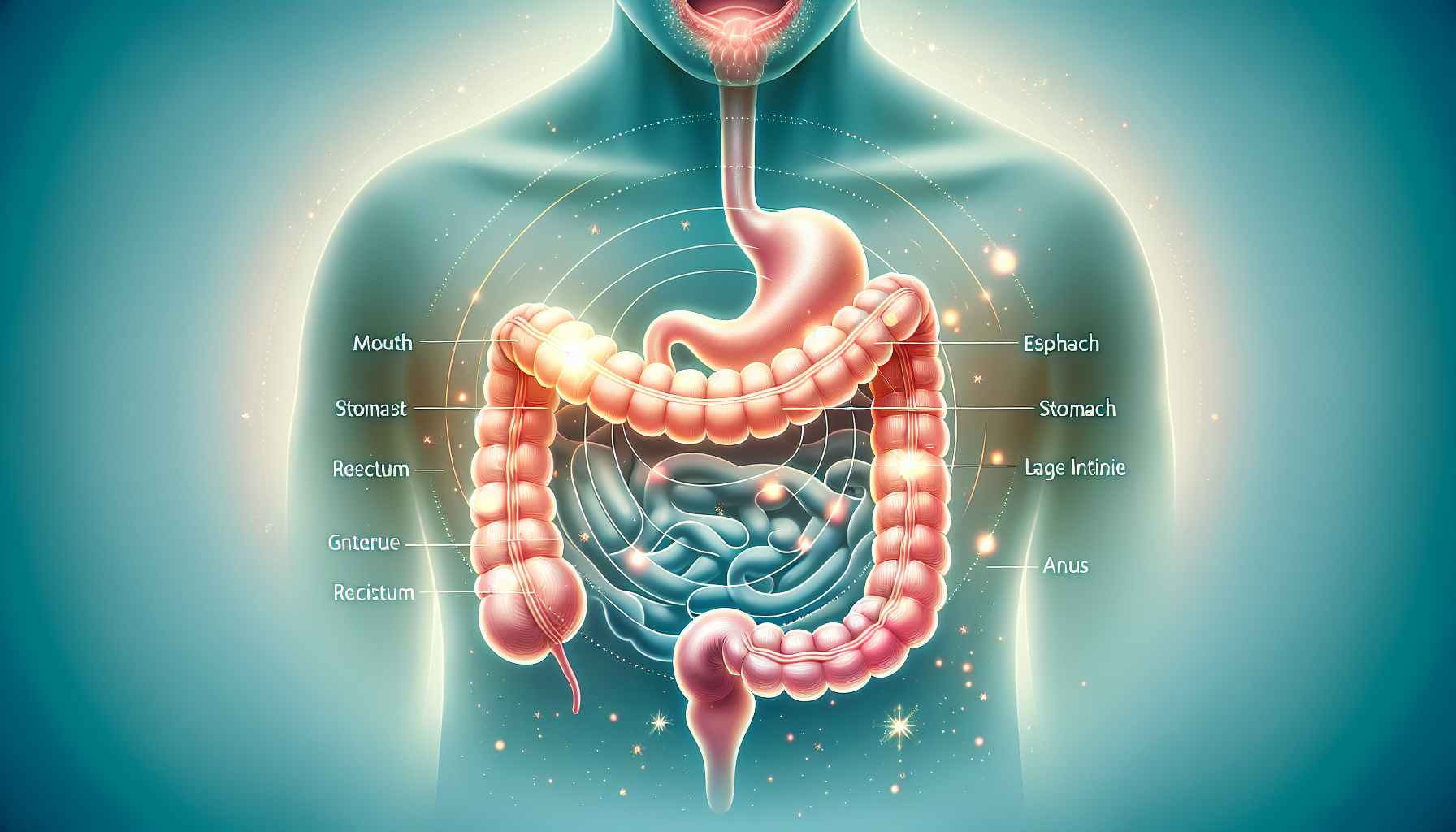Irritable Bowel Syndrome (IBS) is a chronic condition that affects the large intestine, resulting in symptoms like cramping, abdominal pain, bloating, gas, and diarrhea or constipation. Managing IBS and promoting digestive health is a multifaceted approach that requires understanding the triggers, adopting dietary changes, incorporating physical activity, and managing stress.
Understanding IBS and Its Impact on Digestive Health
IBS is a functional gastrointestinal (GI) disorder, which means it is related to problems with how the gut and brain work together, leading to the digestive system becoming more sensitive and altering how the muscles in the bowel contract. The exact cause of IBS is not fully understood, but factors such as genetics, an imbalance of gut bacteria, infections, and chronic inflammation have been implicated.
To manage IBS effectively, it’s essential to understand the connection between digestive health and overall well-being. A healthy digestive system is crucial for the absorption of nutrients, the removal of waste, and the function of the immune system.
Diet and IBS: Identifying Triggers and Making Smart Choices
One of the key strategies in managing IBS is identifying and avoiding food triggers. Common triggers include lactose, gluten, caffeine, and high-gas foods. Implementing an elimination diet can help discern which foods exacerbate symptoms.
In addition to avoiding triggers, including fiber-rich foods can help manage constipation, while low-FODMAP diets have been shown to reduce symptoms in some people with IBS. It’s also beneficial to understand the relationship between exercise and digestive health, as regular physical activity can improve bowel function and reduce stress, a known trigger for IBS symptoms.
The Role of Probiotics and Digestive Enzymes
Probiotics are beneficial bacteria that can help restore the natural balance of gut flora, which is often disrupted in individuals with IBS. Digestive enzymes also play a critical role in breaking down food substances, making nutrients more accessible for absorption and easing the digestive process.
For those considering supplements, it’s important to consult with a healthcare provider and visit reputable sources for information on medication and supplements to ensure safe and effective use.
Physical Activity: A Pillar of Digestive Wellness
Regular exercise is not only good for overall health but also for the digestive system. Engaging in consistent physical activity, like the Benefits of HIIT for Older Adults, can help reduce the frequency and severity of IBS symptoms.
Stress Management and Mindfulness
Stress can exacerbate IBS symptoms. Techniques such as mindfulness meditation, deep breathing exercises, and cognitive-behavioral therapy can be effective in managing stress. Additionally, there’s a strong gut-brain connection that influences digestive health, so caring for mental health can have positive effects on IBS.
Understanding and Managing Food Intolerances
Food intolerances, such as lactose intolerance, can mimic or worsen IBS symptoms. It’s essential to understand lactose intolerance and manage it through dietary adjustments to avoid unnecessary discomfort.
External Resources for IBS and Digestive Health
Several niche resources can provide additional support and information for managing IBS:
- The International Foundation for Gastrointestinal Disorders offers a wealth of information on IBS and other GI conditions at IFFGD.
- The Monash University FODMAP Research team provides a comprehensive guide to the low-FODMAP diet, which can be accessed at Monash FODMAP.
- The American College of Gastroenterology presents clinical guidelines and patient resources, available at GI.org.
- For insights into the importance of gut microbiota, the American Gastroenterological Association’s resource at Gastro.org is invaluable.
Regular consultation with a healthcare provider, along with these resources, can help in creating a personalized management plan for IBS.
Conclusion
Managing IBS and promoting digestive health requires a comprehensive approach that encompasses dietary changes, stress management, physical activity, and sometimes medication or supplements. Identifying and avoiding food triggers, understanding the role of probiotics and digestive enzymes, and incorporating regular exercise can significantly alleviate IBS symptoms. It’s also crucial to manage stress and understand food intolerances to support overall digestive wellness.
By utilizing the strategies outlined in this article, individuals with IBS can work towards a more comfortable and healthy life. Remember, while managing IBS can be challenging, with the right resources and support, it is possible to control symptoms and improve quality of life.



